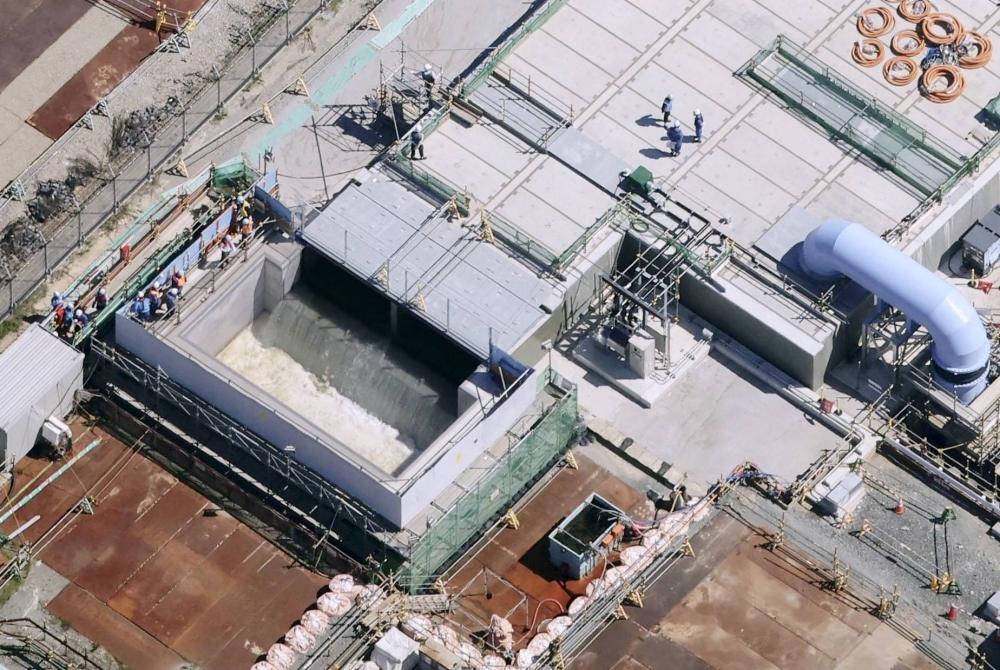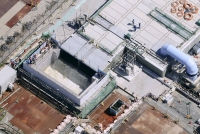Over 60% of Taiwanese people polled expressed worry that the release of treated radioactive water from the crippled Fukushima No. 1 nuclear power plant into the sea may pollute the marine environment, a survey showed Tuesday.
The poll conducted Sept. 18-20 by the Taiwan Public Opinion Foundation covered 1,077 randomly selected respondents aged 20 and above. In the survey, a total of about 32% were not worried.
Compared with the results of a similar survey in April 2021, respondents who indicated they were worried decreased by 23 percentage points to 63.8%, while those not worried increased by 22.7 points, the latest outcome showed.
The foundation said the decrease in the percentage of Taiwanese people worried about the ocean discharge, which began on Aug. 24 this year, "may be related to the fact that relations between Taiwan and Japan have been better than ever."
Several groups on the island have voiced opposition to the discharge, but there have not been large-scale protests or calls to avoid eating Japanese seafood.
In April 2021, the Japanese government decided to start discharging water from the plant into the sea from around the spring of 2023 after diluting it with seawater to keep the concentration levels of tritium lower than one-fortieth of the country's safety standards.
The water used to cool melted nuclear fuel at the plant, wrecked by a devastating earthquake and tsunami in March 2011, has been treated to remove most radionuclides, leaving only tritium, which is considered less harmful than other radioactive materials.




